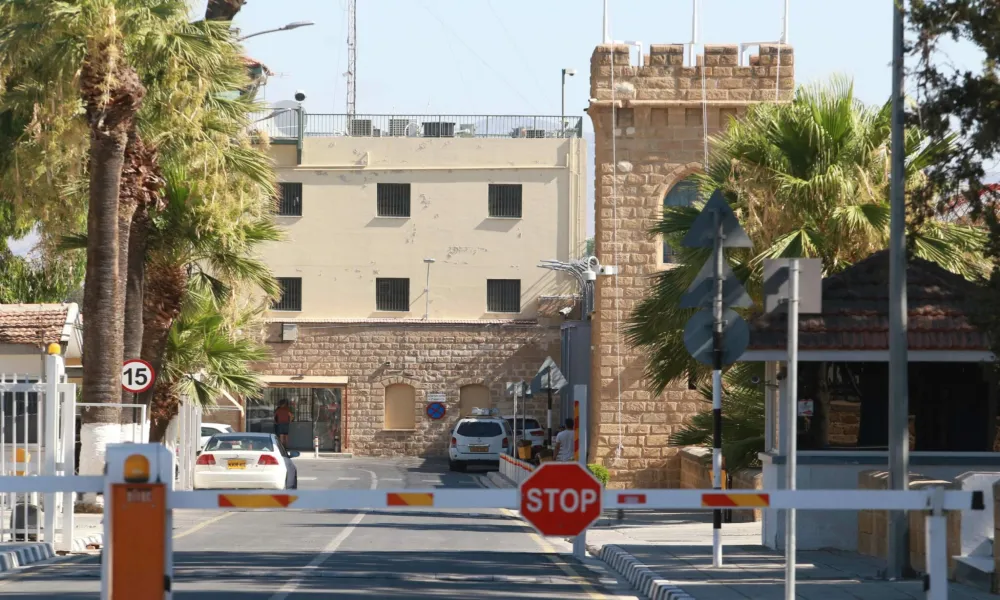Seventy-five convicted child sex offenders are currently living in the community under the supervision of the Authority for the Supervision of Convicted Persons for Sexual Offences Against Minors, according to official figures. The number is expected to rise, as around 100 individuals convicted of similar offences are currently serving prison sentences in a special wing of the Central Prisons.
Monitoring and restrictions
Supervision includes a series of restrictions and support measures, such as limits on where offenders may live or work, mandatory psychological treatment, and ongoing risk assessments to determine the likelihood of reoffending. Offenders are closely monitored by state services and are barred from entering or loitering near schools or areas where their victims or other children may be present.
Individuals may come under the Authority’s supervision in three ways:
-
By court order at any stage of the judicial process or at sentencing;
-
Through a supervision decree issued at the request of the Attorney General;
-
Following release from prison, when the Prisons Department notifies the Authority.
After reviewing each case and receiving reports from the Mental Health Services and the Social Welfare Services, the Authority decides which measures to impose. These may include continued therapy, structured monitoring, or adjustments depending on the offender’s response and risk level.
The Authority is chaired by the Director-General of the Ministry of Justice and includes representatives from the Police, Legal Service, Mental Health and Social Welfare Services, Ministry of Education, Prisons Department, Parole Board, and the Cyprus Youth Organisation.
Strengthening oversight
The Ministry of Justice is preparing a bill to enhance the powers and efficiency of the Supervisory Authority, enabling stricter monitoring of convicted child sex offenders after release.
According to Politis sources, the bill will allow the imposition of additional restrictive measures, including electronic monitoring bracelets, bans on engaging in certain professions or commercial activities, exclusion from public benefits, mandatory police check-ins, and notification requirements when changing residence, employment, or travelling abroad.
Life in prison
A separate private member’s bill by DIPA MP Michalis Giakoumis has been pending before the House Legal Affairs Committee for seven months without debate. The proposal would allow courts to impose life imprisonment for convicted child rapists and enable the Parole Board to grant conditional release to life-term inmates only if they consent to chemical castration.
Under the proposal, offenders sentenced for sexual crimes against minors could apply for conditional release after serving two-thirds of their sentence, or at least 18 years in the case of life imprisonment. Those who voluntarily undergo chemical castration could seek release after serving half their sentence, or 12 years for life terms.
Giakoumis argues the measure is necessary due to the sharp increase in sexual offences against children in Cyprus, noting that the EU Directive on combating child sexual abuse obliges member states to adopt effective preventive and rehabilitative programmes. Chemical castration, he said, is already applied on a voluntary basis in many EU countries.
Chemical castration
Chemical castration is legally permitted in 12 EU countries as a therapeutic intervention, subject to the offender’s consent with Poland being the only state where it can be imposed by court order.
The procedure involves the administration of medication (oral or injectable) that suppresses sexual drive in offenders convicted of crimes against minors. According to a Parliamentary Research Service study, the practice is available in Austria, France, Germany, Denmark, Estonia, Spain, the Netherlands, Slovakia, Sweden, the Czech Republic, and Finland.
In Germany and the Czech Republic, surgical castration (orchiectomy) is also permitted under strict consent conditions.
The Council of Europe’s Committee for the Prevention of Torture (CPT) has examined the practice, insisting that any application must respect the European Convention on Human Rights and the Convention Against Torture. Any potential introduction of the measure in Cyprus, therefore, would need to comply with this strict human rights framework.
